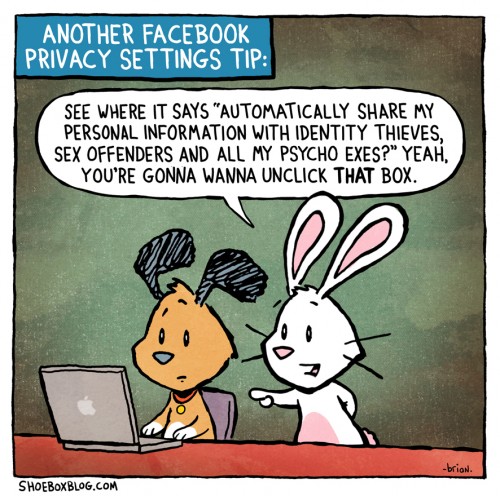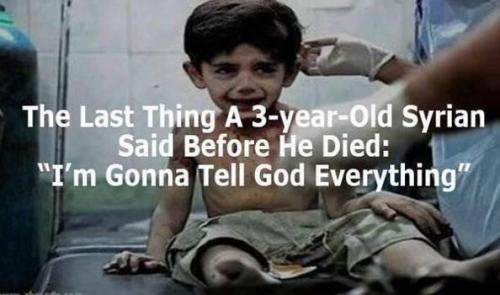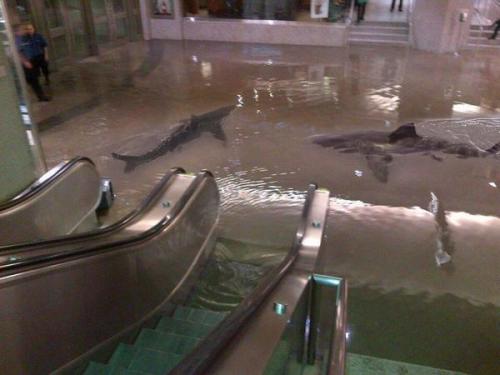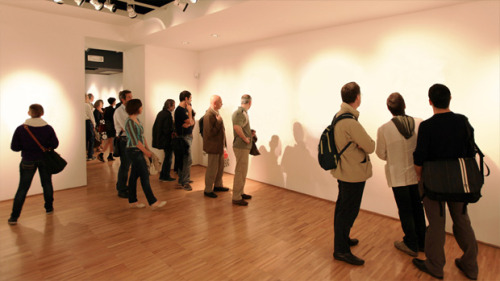I write this post in the second week of MOOCMOOC which focuses on Chapter 1 of bell hooks’ Teaching to Transgress and two short videos from Anita Sarkeesian. As Jesse Stommel and Maha Bali write in their introductory post, bell hooks is writing about something more than just feminist or antiracist pedagogy. Maha and Jesse talk about the way that bell hooks is influenced by Buddhist philosophy, believing that the whole person of the teacher and of the student should be part of the pedagogical process.
Showing vulnerability to our students is not part of our professional conversations at school. It is something some teachers might do instinctively while others might find it confronting and even wrong. Maha and Jesse quote Danielle Paradis who wrote about this in“The Pleasures, the Perils, and the Pursuit of Pedagogical Intimacy,”: Learning is uncomfortable, and the trouble with letting someone teach you is that it leaves a mark — an impression.”
Since we’ve just started the new school year, I’m keeping these thoughts foremost in my mind when thinking about my teaching goals for the year, and generally in terms of how to prepare my attitude to my classes and library supervision. Teaching is easier to direct in terms of intimacy, acknowledging our responsibility to care for our students – and let’s face it, that’s easy to do with a new intake of students who are still well behaved and wide-eyed.
Library supervision is harder. Firstly, you don’t know all the students since there are too many of them. I’m really bad with names, and if I miss their name in the beginning of the year, I’m too embarrassed to ask later on. A non-teaching relationship with students is both easier and more difficult. Easier because we can be more casual with them and we have the opportunity to chat informally without the pressure of teaching content, but more difficult because I think it’s the teaching/learning relationship which develops the intimacy through caring for the development of the student, and in the visible transformation of students over time. We are also not supposed to be talking to students when they come to the library to study in their free periods, and that’s because we try to maintain a quiet study environment in one part of the library which we, as teacher librarians, supervise.
And: “teaching and learning ARE inevitably intimate.” Maha and Jesse talk about the importance of bringing our full selves to our teaching, and point out that teaching and learning are inevitably intimate.
I guess that means that we would let the overly professional persona fall away when teaching, but it doesn’t mean we act unprofessionally. If we keep the students as our focus and care about the students’ welfare, remembering that we leave an impression whatever we do, then we surely transfer our focus from conveying content to interacting with our students.
I’m not sure if I’ve understood bell hooks’ feeling of estrangement from education but I know that there have been school or school library environments which made me feel uncomfortable, repressed and unhappy. I didn’t feel I was teaching well or relating properly to students. It didn’t have as much to do with the students themselves as the tone that was set by the head of faculty/library or other library staff. If I didn’t feel comfortable with that tone, that approach to the students, I felt as if I had to squeeze everything out of me, and put on a thin facade, copying the external behaviour and speech of others in an attempt to emulate them. It didn’t work for me, and it didn’t work for the students. It made me feel bad.
On the other hand, when the attitude to students and approach to teaching is compatible with my own, then I’m happy to be vulnerable, to expose my imperfections, as well as my personality. You have to be comfortable within yourself to be willing to expose vulnerability. Some people might, by their nature, do this seemingly without effort, but for others it takes practice, reflection and time, while others still will not do this at all.
It took me a very long time to expose my vulnerability in my role as a priest’s wife in the Russian Orthodox Church. Possibly because I took on this role at the age of 26 – too young actually. And also because I was not ‘groomed’ for the role, and did not grow up in a particularly devout family – sure, we went to church but not every week. I was not educated in Orthodox dogma and no doubt had unformed ideas which needed time to mature. In a way, I interrupted that opportunity for growth because I suddenly had to take on a role that was associated with high ideals and pressure from the members of the church community. I ‘took on’ a persona but one which was dangerously superficial, ungrounded, and somehow managed to keep going in that way for many years. Having children only resulted in a more passionate stance on what I’d become because I felt it was my duty to educate them in the way I had perceived they ought to be educated – from the outside. Of course, eventually, the cracks start to show, and I was faced with a choice: to continue as I had been or decide to do it my way, true to myself. This took time, as you can imagine, because I had almost lost who I was, or at least, lost the confidence in my own instincts and understanding of things. Doing this meant I had to grow a thick skin so that I wouldn’t care about what people thought about me as much as I care about my own survival, and my honesty. Not going this way would have been destructive. I believe that you can’t have any kind of faith unless you stay true to yourself. Taking on something externally doesn’t work. Understanding it from the inside (of yourself) is the only way.
It’s the same with any relationship, and teaching must be intimate, surely, and must be vulnerable, if you are to connect honestly with students, if learning is more than a transmission of content knowledge. Obviously that doesn’t mean you expose every part of yourself which would be inappropriate, but it means that you don’t shut off who you are so that students see you relating to them honestly. And I think that’s the only way you get real satisfaction from teaching. A lot of this is unspoken in schools but you can tell when there is that kind of relationship between teachers and students.
So when I first started as a teacher librarian, having ‘forsaken’ the classroom (English, French and German), my library orientation was all about where the printers were, the cost of fines, how to use the library catalogue, how to use databases. It was so boring, I was bored and unhappy about it myself. I was following the procedure of others because I was inexperienced. In not showing my full self was really like not showing up at all. Presenting my authentic non-neutral self in the classroom has made me very happy.
Today was the first day we had students at school – just the Year 9s, all brand spanking new. In my ‘library orientation’ sessions I wanted to connect to my students first foremost, and convey information to them as the second priority. I was aware that they didn’t know each other on their first day and spent some time asking questions and encouraging responses to start that ball rolling. How could I possibly waste my first time with these young men talking about rules and regulations only? I wanted to make a much deeper impression than that. I wanted to challenge their perception of the library, talk about information (the fire hydrant), the dangerous ideas, freedom of speech and expression, respect for others and their ideas – but most of all I wanted to be myself and get to know them a little. I wanted to start the process of getting them to know each other in their classroom community. I definitely wanted them to challenge their perception of the library as being just a space with books and bookshelves – which was the standard answer when I asked them.
Perhaps, to not show up as our full selves to the act of learning is not to show up at all. This means placing our authentic non-neutral selves fully in the classroom — with all the risks and challenges that brings. (Maha and Jesse)
My focus today was not on the listing of rules or information but on engaging them with me and each other, to give them the chance to consider important questions before they were sucked up into the wave which would push them through the year at a pace that might not have time for reflection because they were intent on survival.
Here’s the slideshow I created which serves as a prompt for discussion with the students. Some slides resulted in long and deep discussions and others just covered some necessary facts. Of course every session was different depending on the dynamics of the group and the response I received from them.
It so happened that just minutes before my session, amidst the predictable technology failings and panic, I read Maha Bali’s post and was reminded about the aspect of vulnerability in critical pedagogy.
Now, I find a lot of difficulty talking to people without knowing anything about them.
Yes, and I imagine that students feel a lot better meeting a teacher who says a little about herself.
Maha:
So since they don’t all know each other that well, I asked them to do a round of “Name+something no one here knows about you”
… so the person on my left, he felt really uncomfortable sharing something about himself. He said his name. I said, “and something about yourself?” and he was like “no”.
I became aware of vulnerable beginnings. I shared something about myself first. I told them I had 2 sons and that one of them was completing a Masters degree in Urban Planning and the other was doing third year Music – both at Melbourne Uni. Suddenly they see me as a parent. A little peek through the ‘teacher librarian’ exterior. I told them that, contrary to popular belief that librarians spent all their time reading fiction, I had not read much fiction in the last few years, that I felt like I wanted to learn and keep learning about things, and so I read information (non-fiction). Suddenly I’ve broken the librarian stereotype. It’s a start towards bell hooks’ holistic education, her ‘engaged pedagogy’.
Many of them shared things about each other, some being funny, and that’s all good. Their body language started to change. They were facing the front looking at me and the screen, and now they started turning to each other to exchange responses. The shift had begun. We talked about banned books, (burned books even), Charlie Hebdo, and many other things. I had added an extra slide to the end of my existing presentation.
I added Maha’s great questions: Why am I here, what are my goals, and what do I have to offer others here?
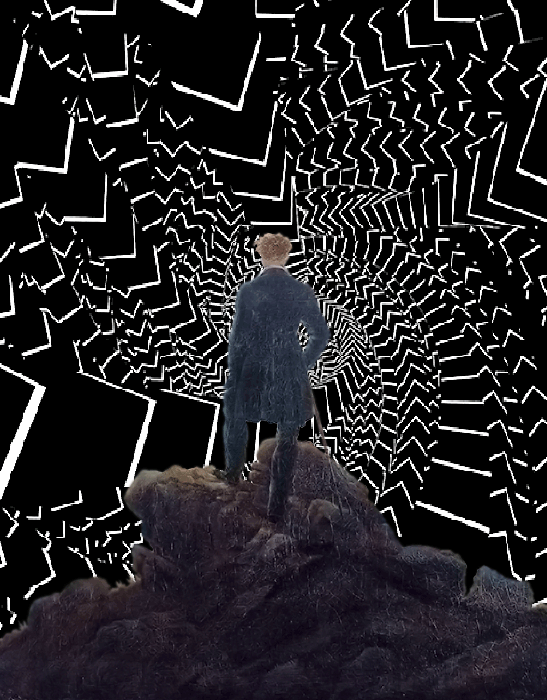
Photo source: http://gifopera.tumblr.com/
Thank you to Maha and Jesse for orchestrating this week’s #moocmooc goodness. So much more to learn – and now to read the Twitter chat retrospectively.



